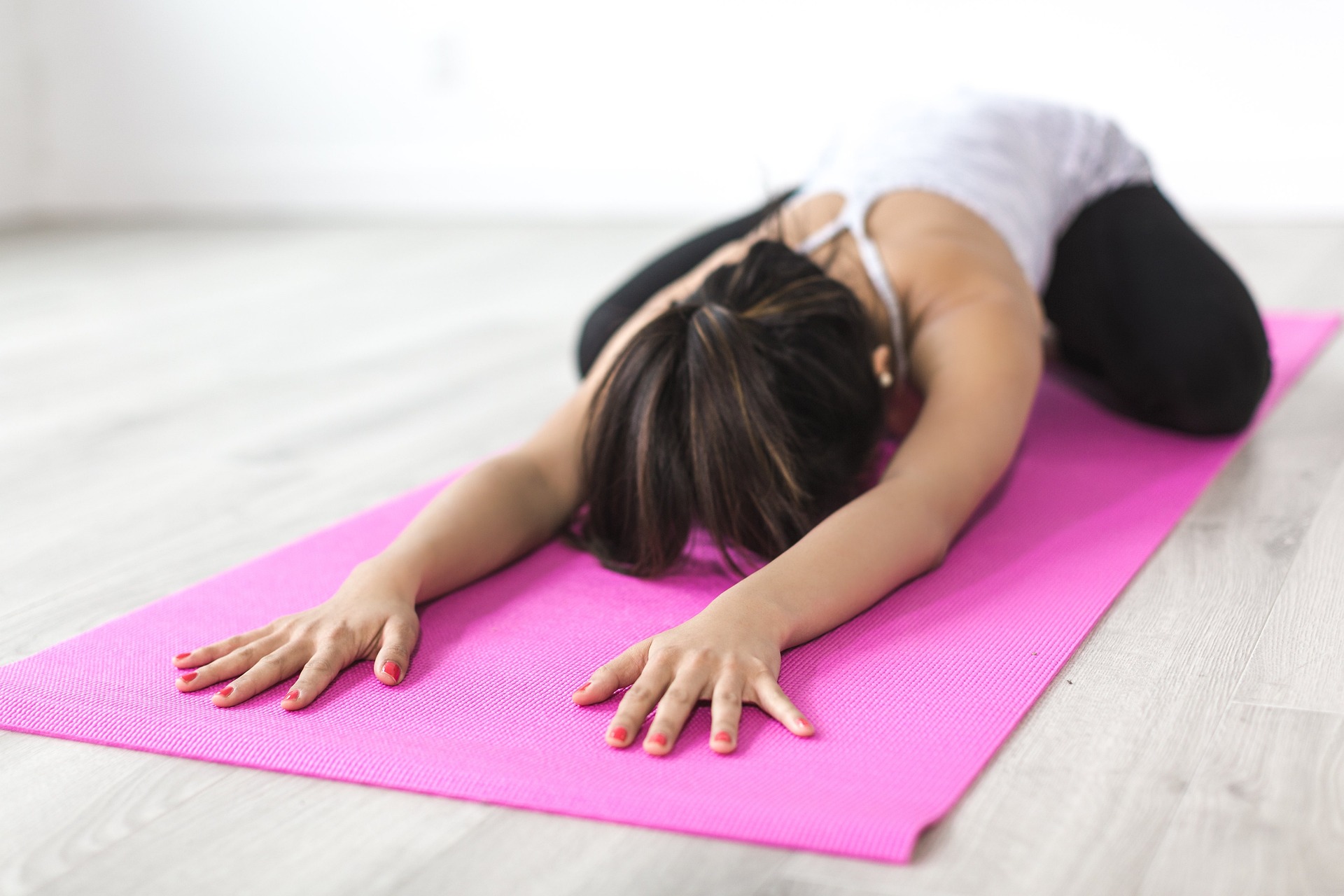In today’s fast-paced world, stress has become a common challenge for many individuals. Yoga offers effective techniques for managing stress and promoting relaxation. By combining physical movement, breath control, and mindfulness, yoga provides a holistic approach to alleviating stress and enhancing overall well-being.
- Mindful Breathing: One of the most powerful tools in yoga for stress relief is mindful breathing. Practicing deep, conscious breathing can activate the body’s relaxation response, reducing feelings of anxiety and tension. Techniques such as diaphragmatic breathing, where you breathe deeply into your abdomen, can help calm the mind and promote a sense of peace.
- Gentle Asanas: Incorporating gentle yoga poses into your practice can help release physical tension and promote relaxation. Poses such as Child’s Pose, Forward Fold, and Legs-Up-the-Wall pose are excellent for calming the nervous system. These restorative poses encourage relaxation and help to alleviate stress held in the body.
- Meditation: Meditation is a key component of yoga that can significantly reduce stress. Setting aside time for meditation allows you to quiet the mind and cultivate inner stillness. Techniques such as focusing on your breath, using a mantra, or practicing guided visualization can help you achieve a state of calm and clarity.
- Progressive Muscle Relaxation: This technique involves systematically tensing and relaxing different muscle groups in the body. By focusing on each area, you can become more aware of physical tension and consciously release it. This practice can be integrated into your yoga routine or done separately to promote relaxation.
- Mindfulness and Presence: Yoga encourages mindfulness—the practice of being fully present in the moment. By focusing on your breath and sensations in your body, you can cultivate a sense of awareness that helps reduce stress. Mindfulness allows you to observe your thoughts without judgment, creating space for clarity and calm.
- Creating a Relaxing Environment: Setting the right atmosphere for your yoga practice can enhance relaxation. Dim the lights, play soft music, or light candles to create a soothing environment. A peaceful space can help you unwind and fully immerse yourself in your practice.
- Journaling After Practice: Taking a few moments to journal after your yoga session can help process emotions and thoughts that may arise during practice. Writing down your feelings can provide clarity and insight, allowing you to release stress and gain perspective.
- Consistency is Key: To experience the full benefits of yoga for stress relief, consistency is essential. Aim to incorporate yoga into your routine regularly, even if it’s just for a few minutes each day. Over time, you’ll likely notice a significant reduction in stress levels and an increase in overall well-being.
In conclusion, yoga is a powerful tool for managing stress and promoting relaxation. By incorporating mindful breathing, gentle asanas, meditation, and mindfulness into your practice, you can cultivate a sense of calm and resilience in the face of life’s challenges. Embrace the transformative power of yoga and discover its ability to enhance your well-being.
